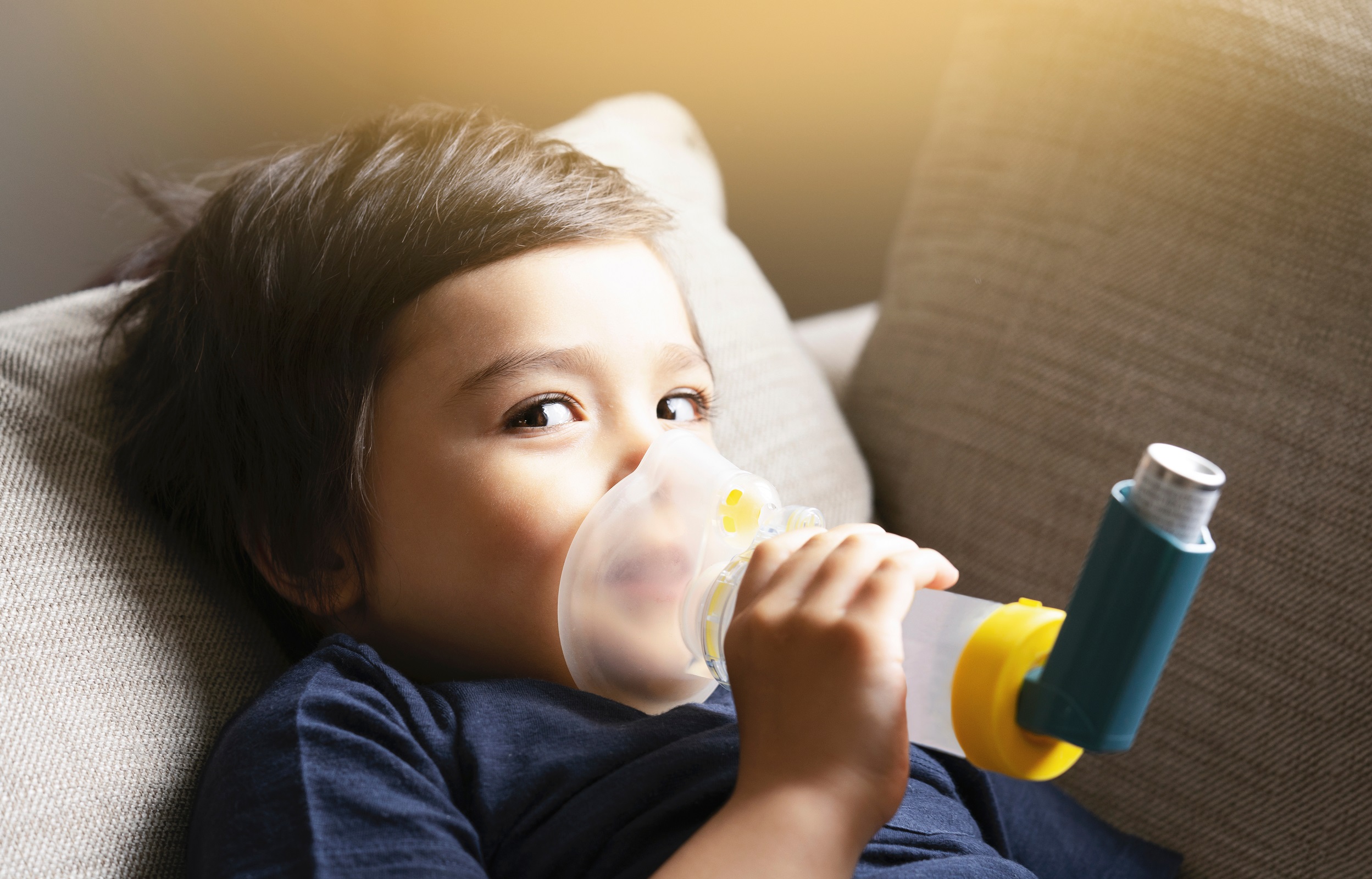Risks of Asthma in Children

What is asthma?
Asthma is a medical condition commonly found in children. This condition causes muscles in the airways to tighten and narrow, making breathing difficult at times. Roughly 1 in 10 Australian children have asthma, and is one of the leading causes for children to miss school and be hospitalized. Asthma has no cure, but can be managed with medication and a healthy lifestyle.
Causes of asthma in children:
There are several ways Children can develop asthma, including:
- Genetics
- Having a mother who smoked during pregnancy
- Being born prematurely or underweight
- Being subjected to second-hand smoke after birth
- Being subjected to airborne particles such as dust or mold
Risks of asthma in children:
In children, asthma may present itself as wheezing, shortness of breath, tightness in the chest and difficulty breathing.
Research suggests that having asthma can increase the risk of developing other lung conditions/ diseases such as pneumonia and Chronic Obstructive Pulmonary Disease (COPD) due to weakened lung tissue. Children with asthma are also more likely to develop other allergies such as hay fever or eczema.
In asthma attacks and untreated asthma, children are at risk of being unable to speak, being unable to move, losing consciousness, and even death.
It is imperative to treat and manage asthma in children in order to avoid severe flare ups and life threatening emergencies.
What to do during an asthma flare up:
If a child loses consciousness, or has their lips turning blue, call 000 immediately.
Sit the child upright, and administer their asthma medication. Generally, four separate puffs of reliever medication with four breaths in between each is recommended. If the child is requiring more, repeat this process after four minutes.
Where to learn more:
MSA Training & Professional Development offers an online webinar for allergies and asthma in children.
MSA Training & Professional Development also offers a wide range of First Aid courses for those looking to broaden and solidify their knowledge such as Level 1 & level 2 First Aid, as well as HLTAID015 Provide advanced resuscitation and oxygen therapy.
You can also find more specific advice for different emergency situations in the Australian Red Cross First Aid Basic Guide.
References:
https://www.betterhealth.vic.gov.au/health/conditionsandtreatments/asthma-in-children
https://www.nationalasthma.org.au/understanding-asthma/what-is-asthma
https://asthma.org.au/about-asthma/understanding-asthma/asthma/